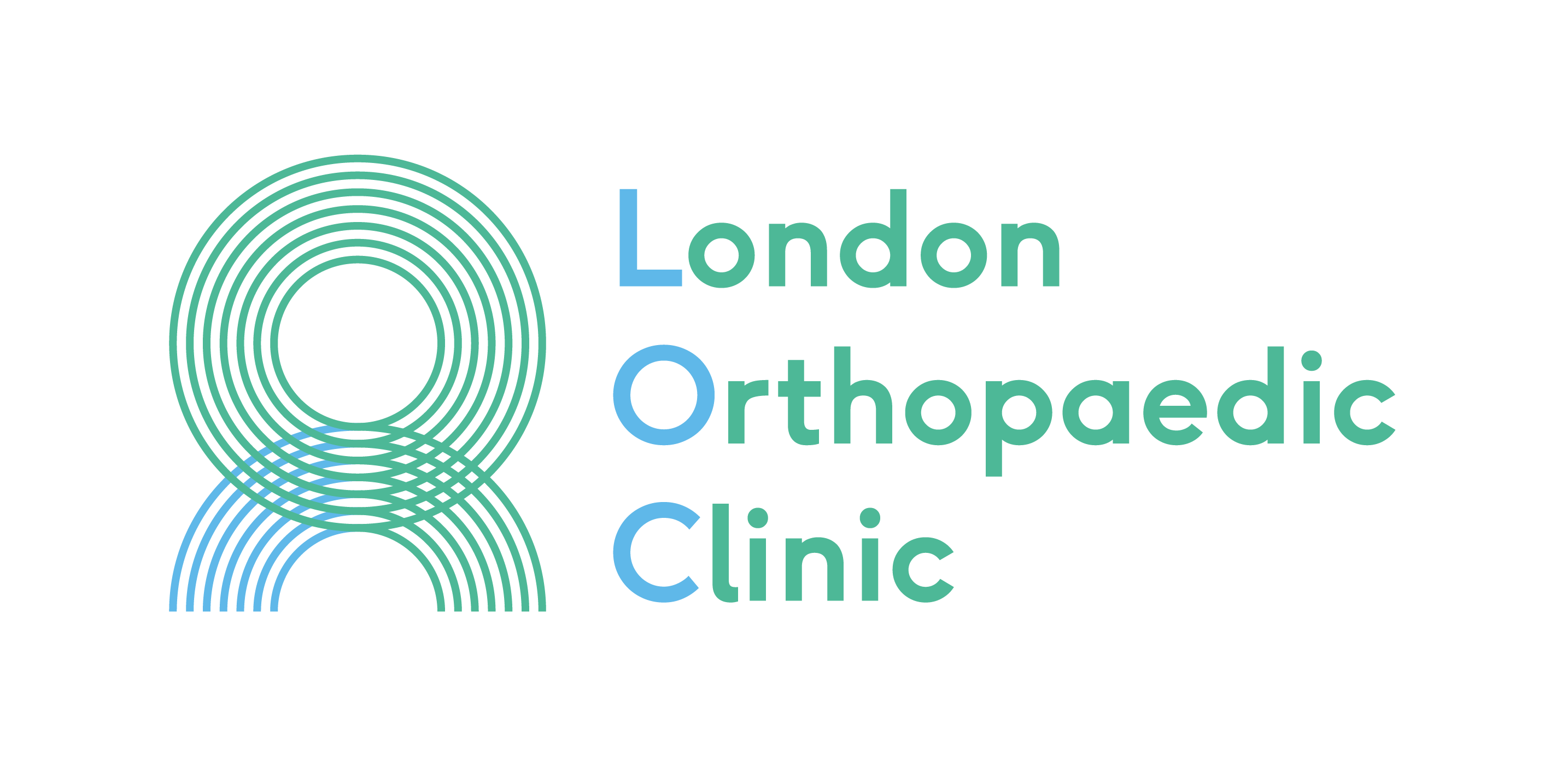Knee Arthroscopy
Knee arthroscopy is a type of minimally invasive ‘keyhole’ surgery used to investigate and treat pain and other problems with the knee. The London Orthopaedic Clinic offers knee arthroscopy by world-leading surgeons using the latest equipment, in the clinic’s state-of-the-art operating theatres.
The London Orthopaedic Clinic’s knee specialist surgeons are expert in the management of knee disorders caused by sports’ injuries, trauma and arthritis. If your knee is painful and locking or giving way, arthroscopy can help your surgeon assess the damage to your knee, treat many of the more common knee problems and make acomprehensive treatment plan targeted at your needs.
Many procedures can be performed through the arthroscope. Your surgeon can remove any loose bony fragments, repair or trim torn and ragged areas of cartilage and reconstruct ruptured ligaments. In expert hands, arthroscopy can ease pain, improve mobility and help you get back on your feet- whether you’re walking, running, dancing or skiing.
What is knee arthroscopy?
Arthroscopy is a minimally invasive surgical procedure used to investigate and treat injuries and abnormalities in the knee joint. Knee arthroscopy is type of ‘keyhole’ surgery; an innovative way of examining the knee and performing surgical procedures through small incisions.
Knee arthroscopy allows a detailed inspection of the inside of the knee and the treatment of joint damage. In skilled hands, like the experienced surgeons at the London Orthopaedic Clinic, arthroscopy causes less post-operative pain, smaller scars and is associated with fewer risks and significantly improved recovery time compared to open knee surgery.
What happens in knee arthroscopy?
At the London Orthopaedic Clinic, knee arthroscopy is usually performed as a day case under general anaesthetic.
Your surgeon will make small incisions in the skin over the knee and insert a fine telescope attached to a camera. The device relays images to a computer screen, allowing the specialist to carefully examine the inside of the knee joint and check for abnormalities.
Arthroscopy is useful for the diagnosis of knee problems, but a number of procedures can also be performed through the arthroscope. The surgeon can use specialised surgical tools to repair tears of the meniscal cartilages, trim damaged tissue and remove loose fragments of cartilage or bone. Torn ligaments, including the Anterior Cruciate Ligament (ACL), often damaged in sporting injuries, can also be reconstructed arthroscopically.
Following surgery, the surgeon will clean the knee and carefully suture the incisions. When you wake from surgery, the knee will be dressed and bandaged.
Complications of knee arthroscopy
All surgery carries risks. The expert surgeons and staff at the London Orthopaedic Clinic work to minimise complications and support your safe and healthy recovery.
Complications are very uncommon following knee arthroscopy but could include: infection, bleeding, injury to nerves and ongoing symptoms of stiffness and pain.
Before your operation, your orthopaedic consultant will discuss any potential problems, explain the careful measures that the London Orthopaedic Clinic takes to minimise risk and take time to answer all of your questions.
Recovery from knee arthroscopy
Your recovery following arthroscopy will depend on your general health and the procedures performed during surgery. You can expect to take between two to six weeks to return to normal activities; however, your surgeon will provide personalised advice on rest, recovery and when it’s safe to get back to work.
You should keep the wounds completely clean and dry for at least four days following surgery. After this it’s usually safe to shower, although you should avoid submerging the limb. Ice packs and over-the-counter painkillers like paracetamol or ibuprofen can help ease pain and swelling. The clinic’s staff will provide alternative analgesia if you are unable to tolerate these.
The London Orthopaedic Clinic’s dedicated rehabilitation team will teach you to move using crutches, advise you on safe weight-bearing and support you to get you back on your feet. In the first few days following arthroscopic knee surgery you should take it easy, however you will be given some simple exercises including straight leg raising and gentle ankle movements to reduce swelling and maintain strength and flexibility.
The ward staff will arrange follow up at the London Orthopaedic Clinic around two weeks after the operation. However, the staff are always on hand for support and guidance, at any time.

Why choose the London Orthopaedic Clinic?
The London Orthopaedic Clinic provides high-quality, expert orthopaedic and musculoskeletal care, tailored to the individual needs of our patients. The Clinic is based at Mayo Clinic Healthcare, at the heart of London’s internationally renowned Harley Street medical district. The London Orthopaedic Clinic offers cutting-edge diagnostics, treatment, management and personalised care.
The expert multi-disciplinary team includes more than 25 leading orthopaedic surgeons, plastic surgeons, pain management specialists and radiologists. They work together to reduce pain, improve movement and make a real difference to patients’ lives.
The London Orthopaedic Clinic offers patients something truly unique: access to world-leading experts, high-tech imaging and the latest innovative treatments, together with the feeling of trust and safety of a small family practice.
Knee arthroscopy costs
Arthroscopy at the London Orthopaedic Clinic may be covered by your health insurance policy. Competitive packages are also available for patients who are self-paying. Contact a member of our friendly team on 020 7186 1000 or at info@londonorthopaedic.com to find out more.
